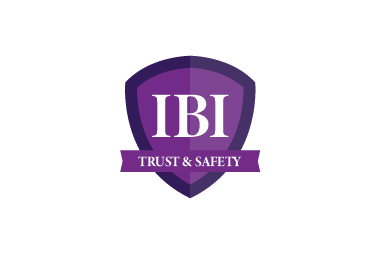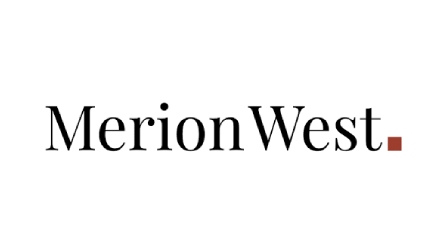Are Online Platforms “Flunking” When it Comes to Safety and Viewpoint Neutrality?

It seems so simple: a grading system for online platforms to see how they’re performing in terms of safety and viewpoint neutrality. If an objective grading system did exist, should YouTube receive an A- or a C+? One grade for safety and another grade for neutrality? How about X, TikTok, Instagram or Google Search? Detailed […]
How Trump and Congress can work together to prevent future government censorship

As the Biden administration finishes its last days, one unfortunate truth revealed during the term was the magnitude of government censorship, particularly on the internet. The matter first came to light during the COVID pandemic, in which Big Tech suppressed viewpoints on social media platforms that they considered incorrect. Later, the “Twitter Files” would provide […]
To Obama, Clinton, Walz, Harris: Who Decides Which Content Is True or Harmful? Is This a Campaign Issue?

There is a compelling reason that the Supreme Court has regularly ruled that falsehoods are protected speech. The Court openly recognizes that falsehoods can be harmful and may sometimes be quite harmful, but the Court also recognizes that efforts to determine which information is true and which is false are far more harmful to our democracy.
How an online transparency mandate can improve content moderation

The subject of online content moderation has been a controversial topic in the country’s political discourse in recent years. It has also been at the center of the nation’s political divide with those on the Right supporting complete free speech on the internet, especially on social media, while those ideologically aligned with the Left favor speech and content restrictions […]
Stop letting governments request social media censorship in secret

Governments around the world routinely request global social media and search platforms to remove content. This can be a positive thing if the content in question is clearly harmful. But it can be nefarious if the content is simply inconvenient or disagreeable to a government’s viewpoint on a particular current news topic.
Fixing the Internet Redux

Ron interviewed Mike Matthys of the Institute for a Better Institute in a simpler time. They’ve grown; they’ve learned; and Mike is back to bring us up to date.
Mike Matthys on AI

Join the conversation as we sit down with Mike Matthys, a Stanford alumnus and Silicon Valley expert, to tackle the ever-evolving challenge of protecting free speech in our digital world.
One Politically Viable Solution for Murthy vs. Missouri – Full Transparency

The challenge for the Supreme Court is to determine where to draw the line between appropriate and unconstitutional communications between the federal government and these online media platforms. There seems to be no argument about the need for government to communicate with these online platforms for specific and actual national security or law enforcement actions.
Texas and Florida Content Moderation Laws Would Open Pandora’s Box

The United States Supreme Court is currently reviewing controversial “free speech” laws in Texas (House Bill 20) and Florida (Senate Bill 7072). While well intended, these laws would allow the states of Texas and Florida to interfere with—and even override—the content moderation decisions of online platforms.
Which Is the Best Mis/Disinformation Test, True/False or Harmful/Not Harmful?

The criteria used to determine whether to censor or label content is casually explained as whether such information is true or false.
